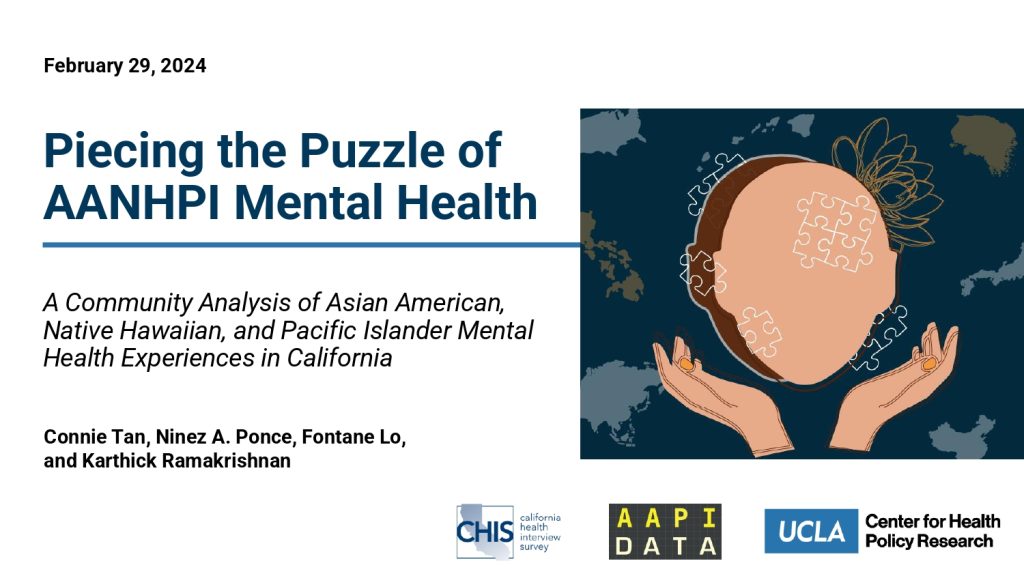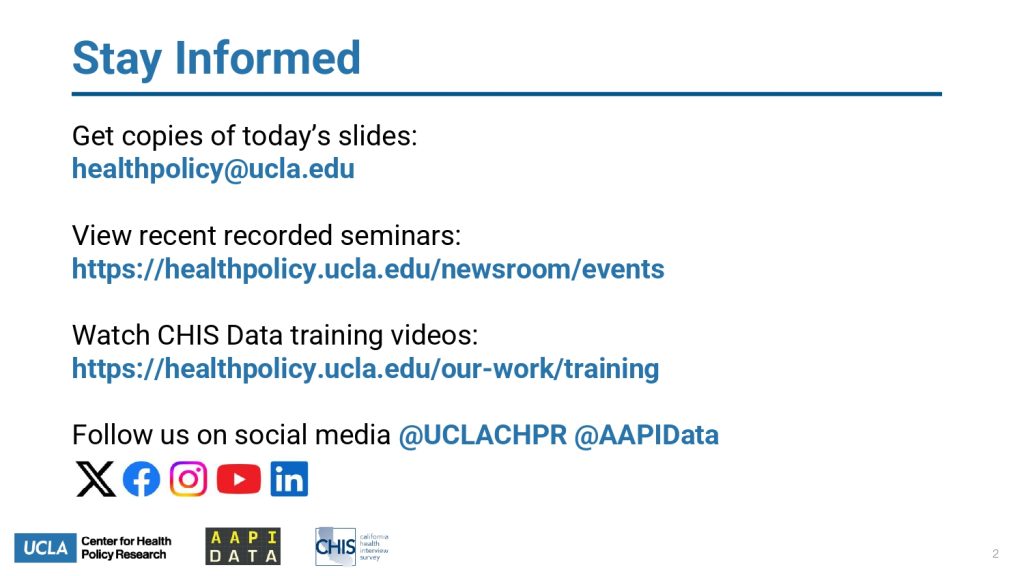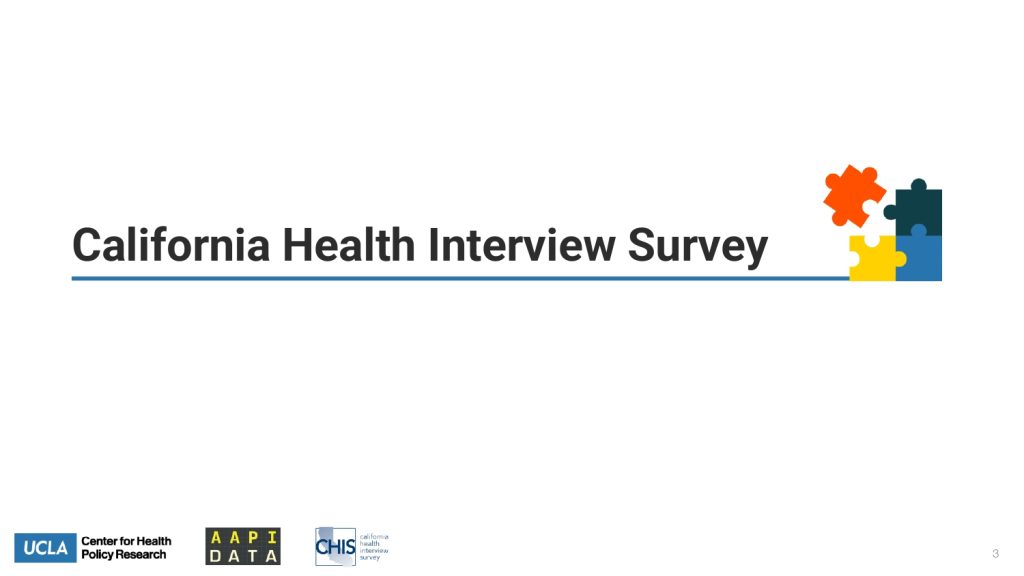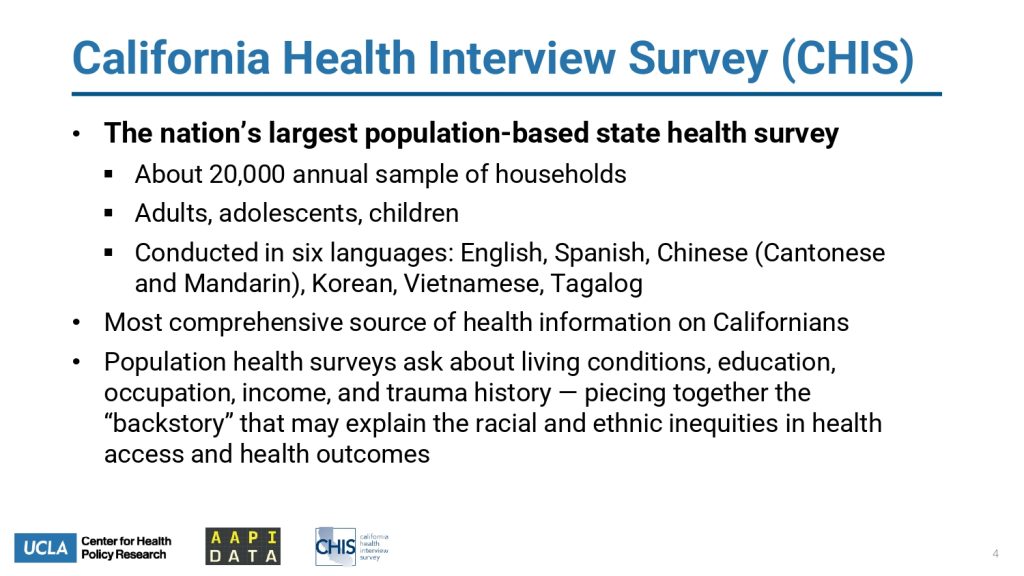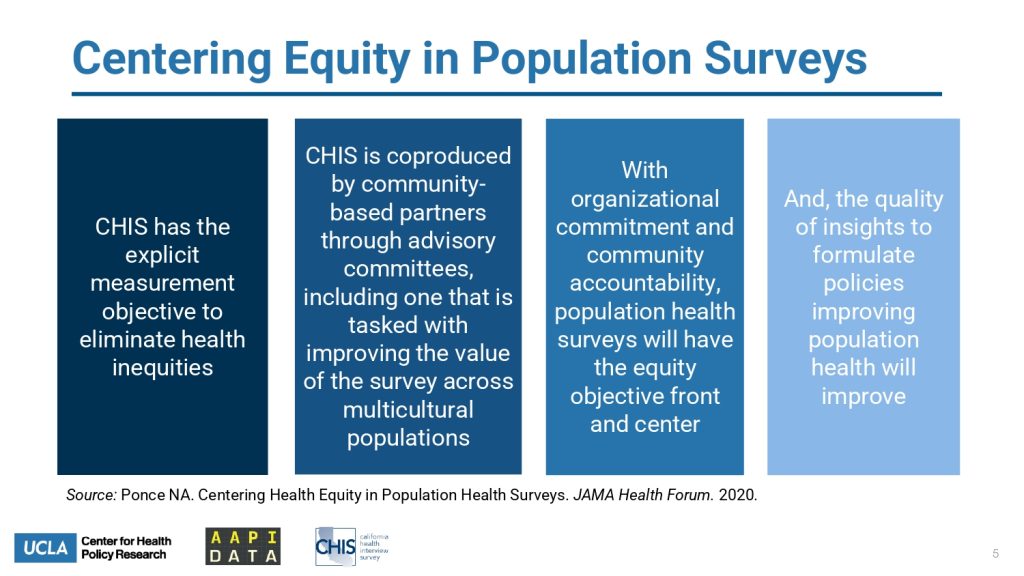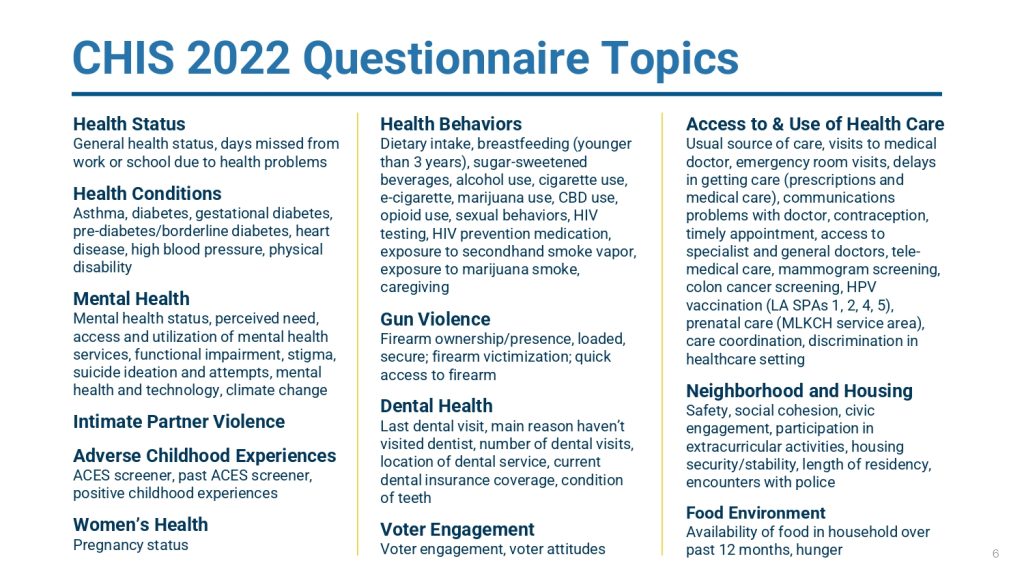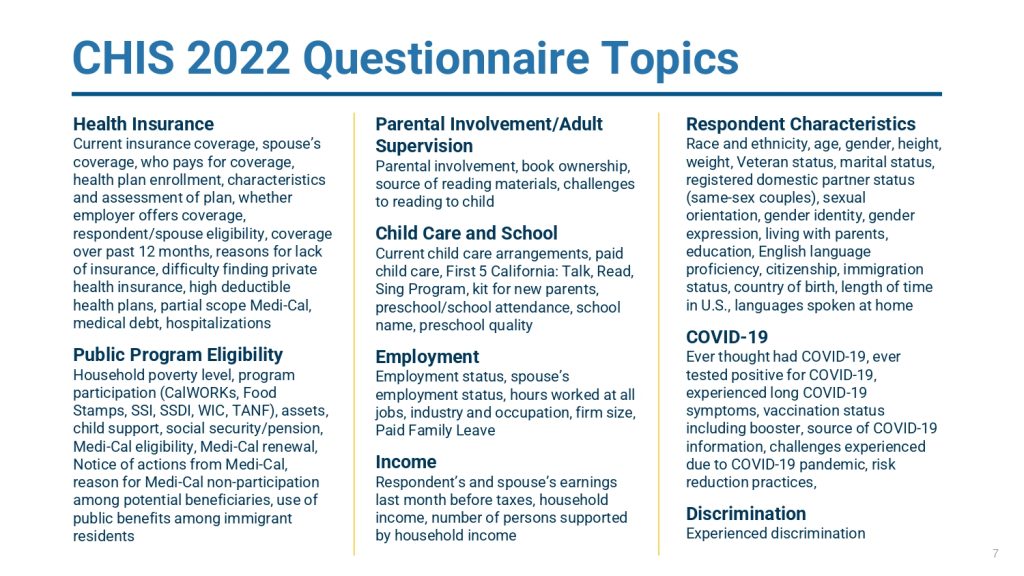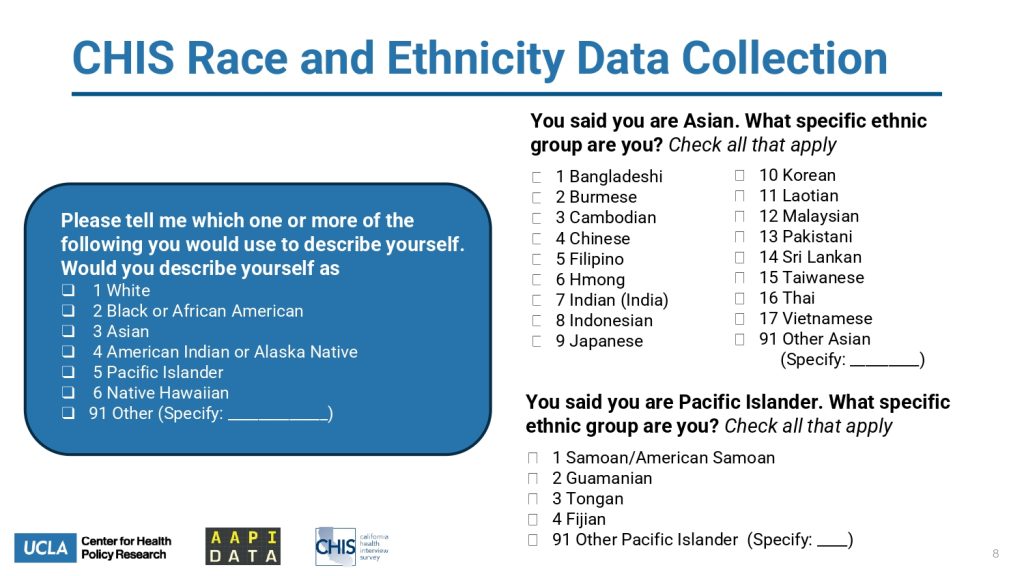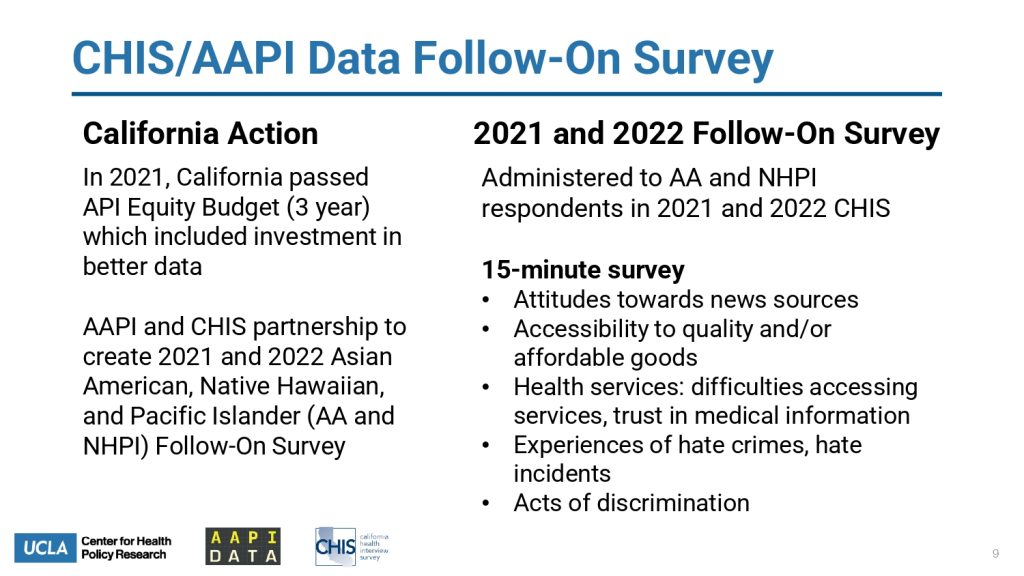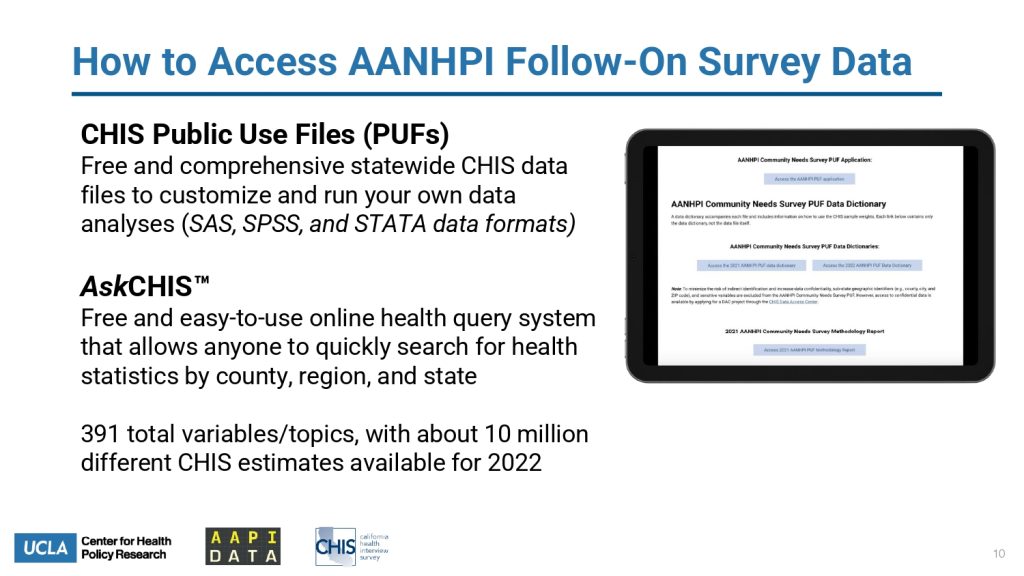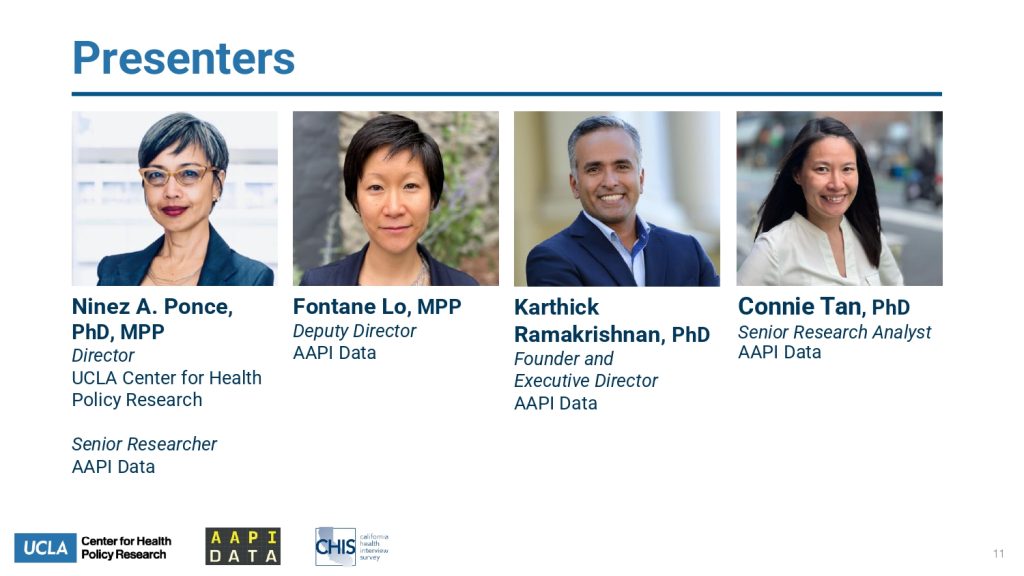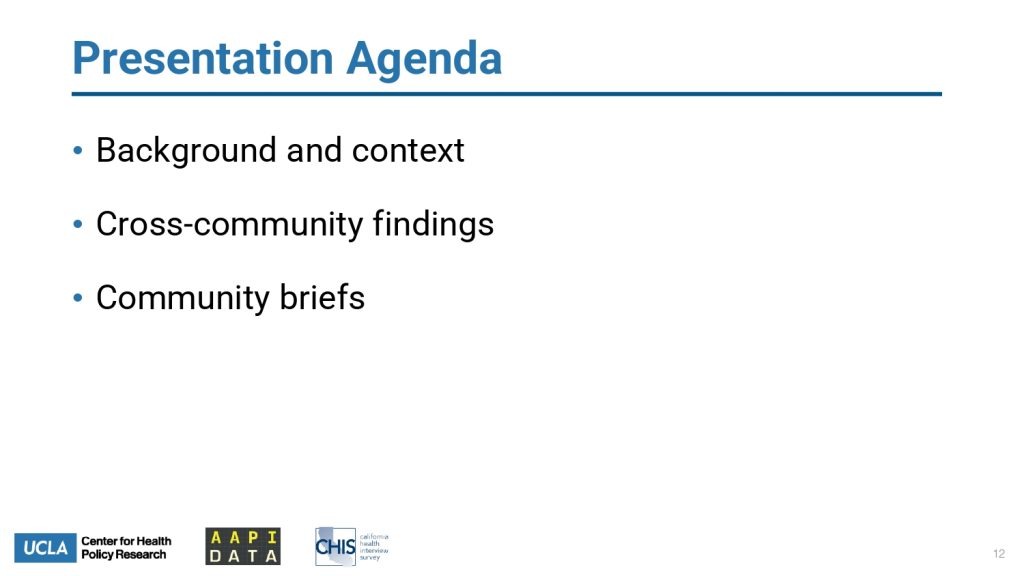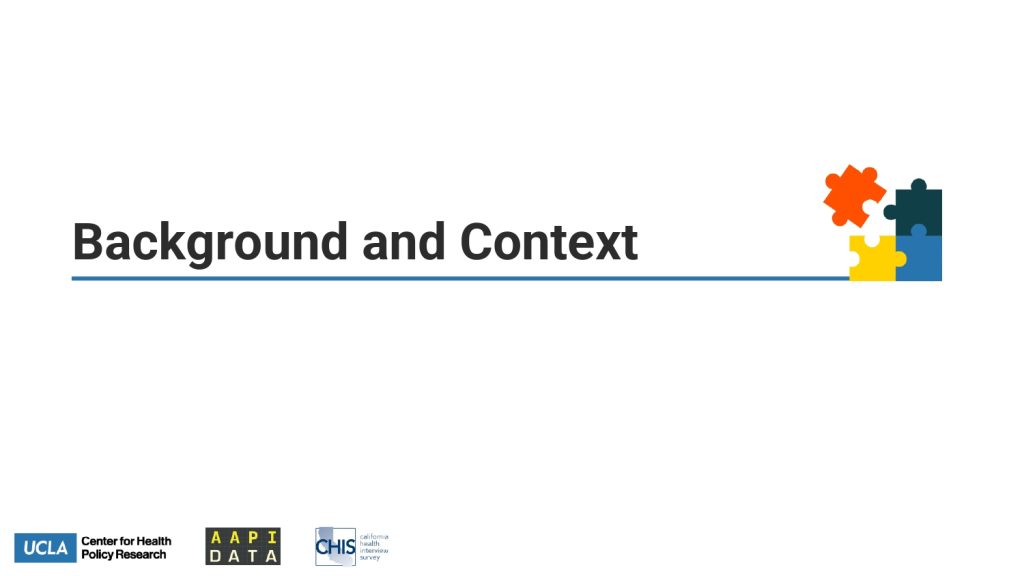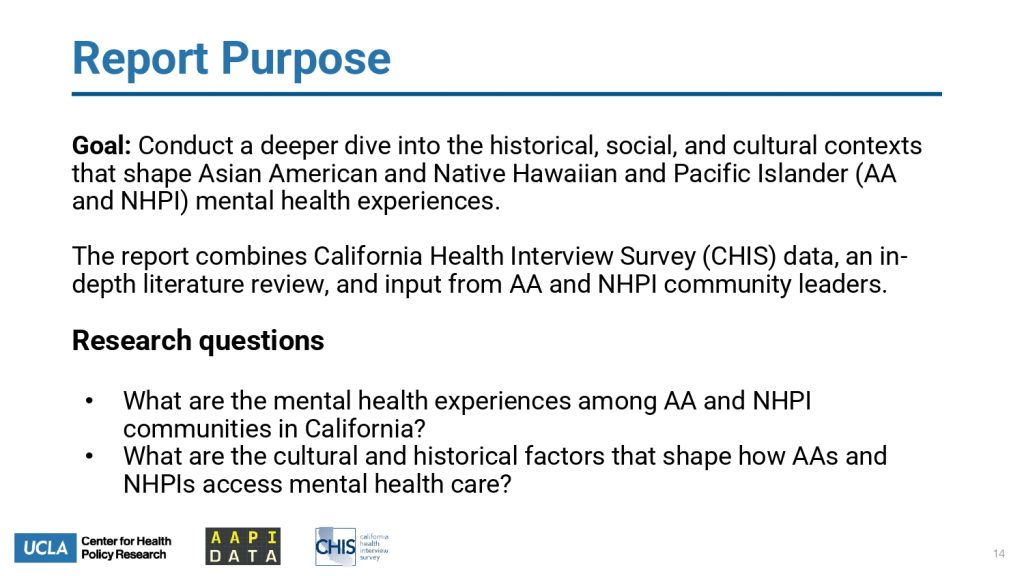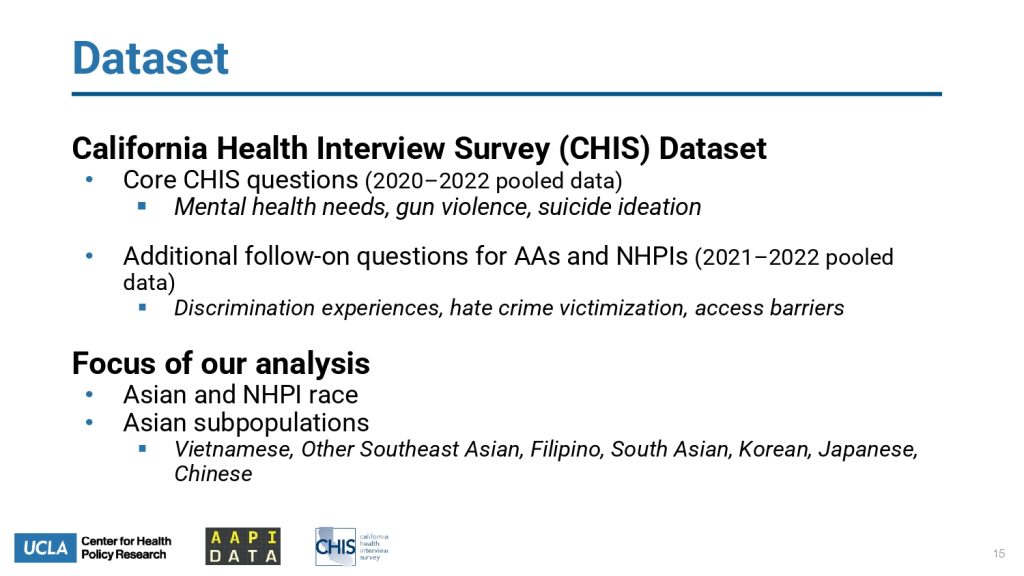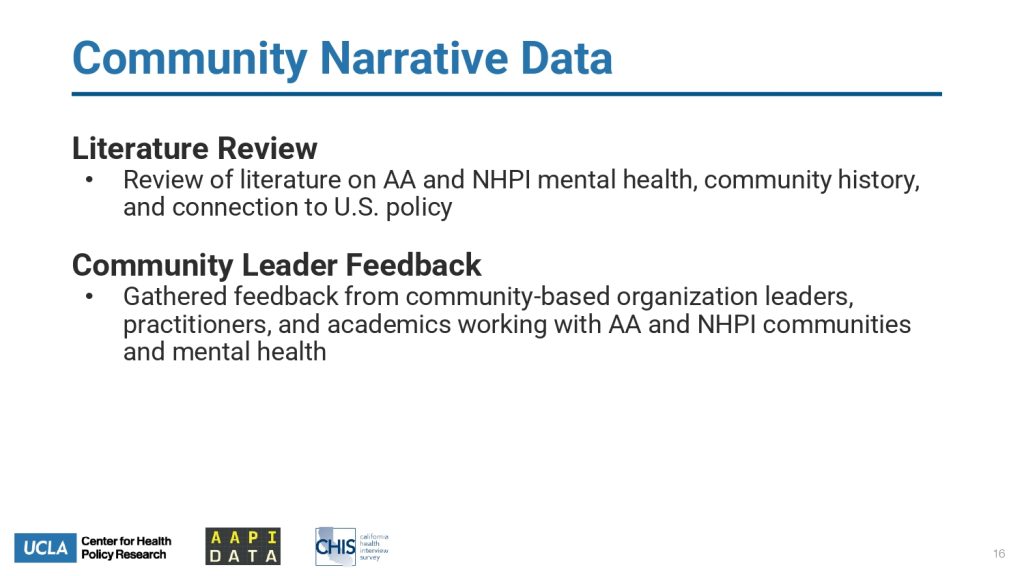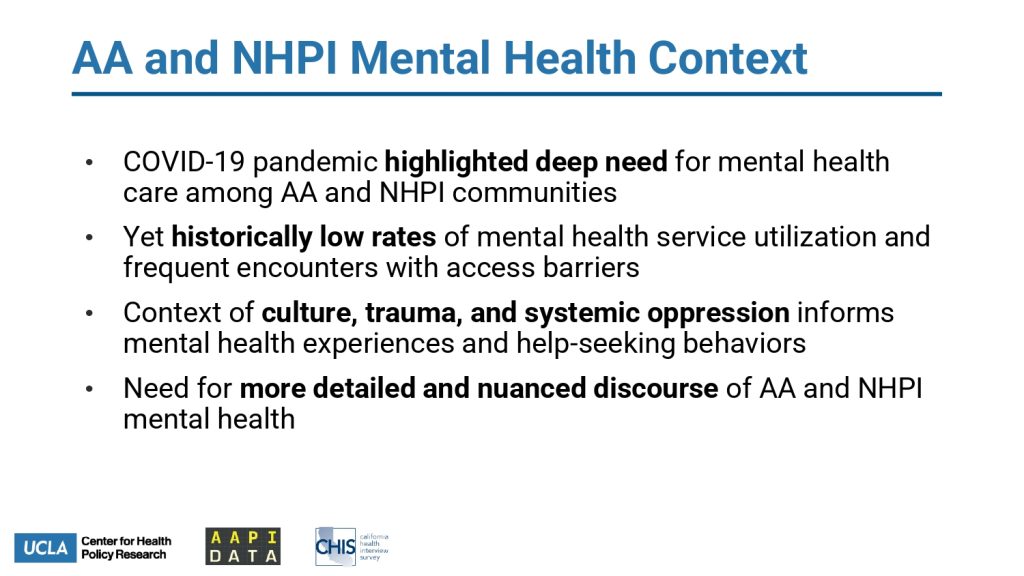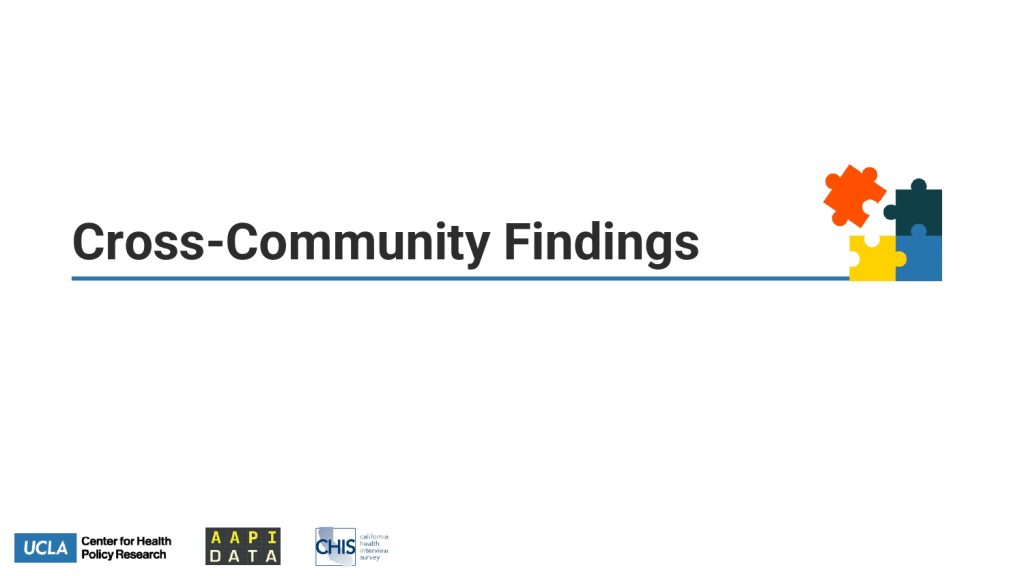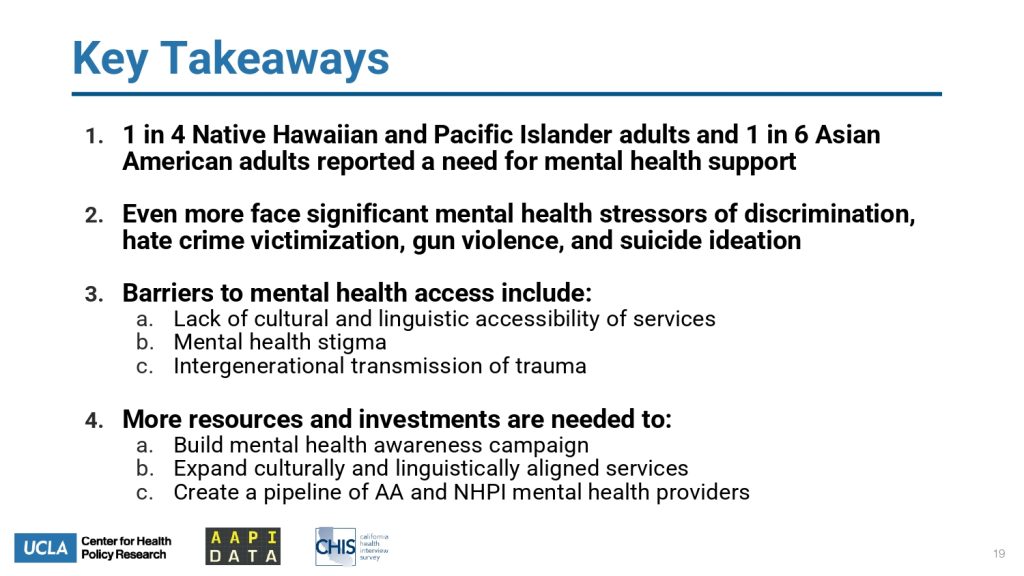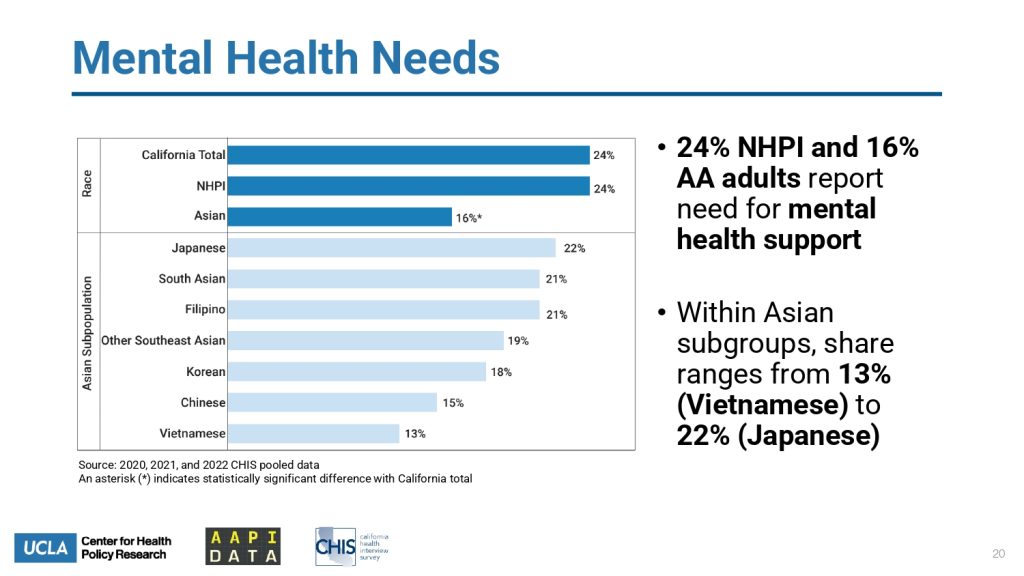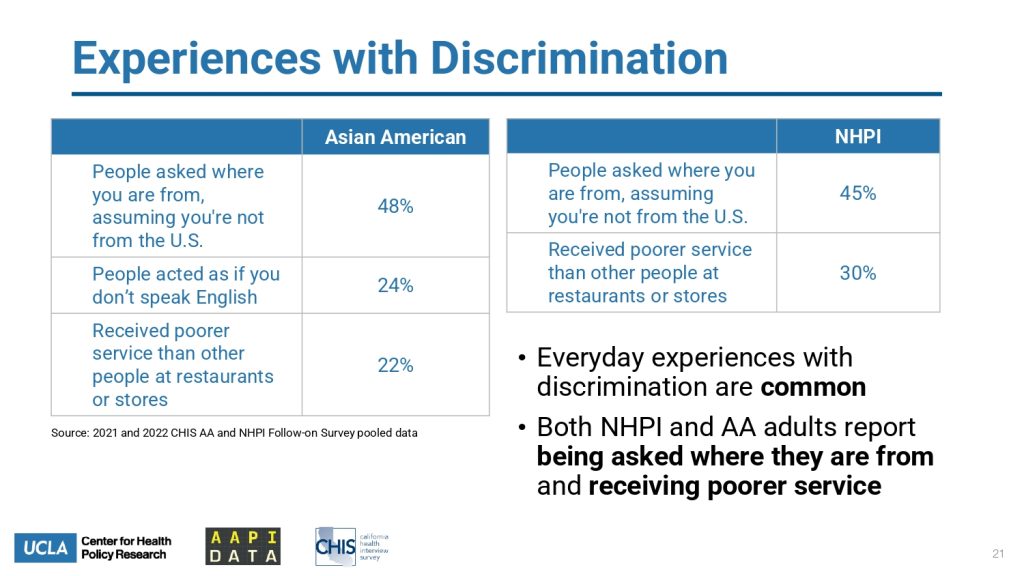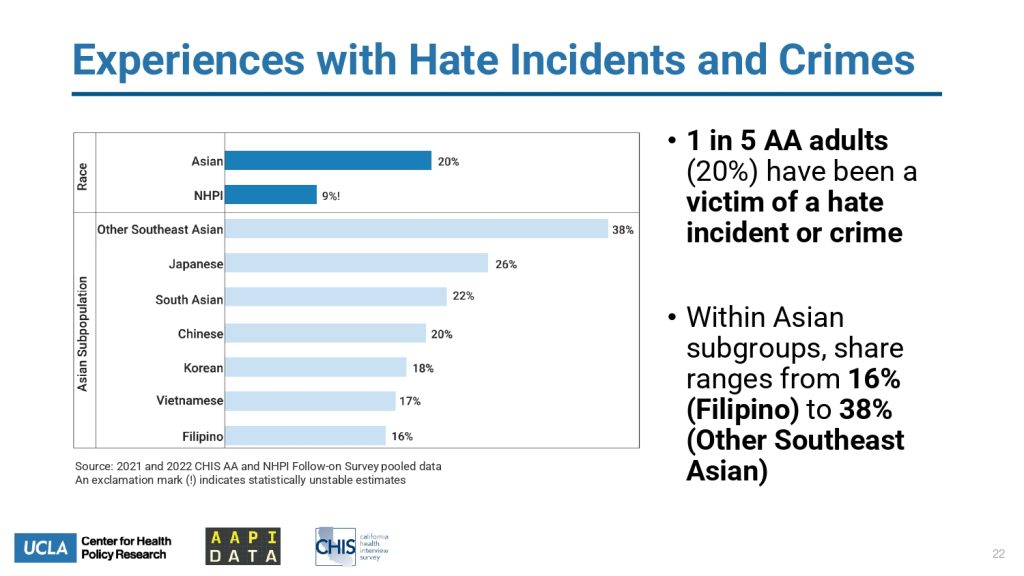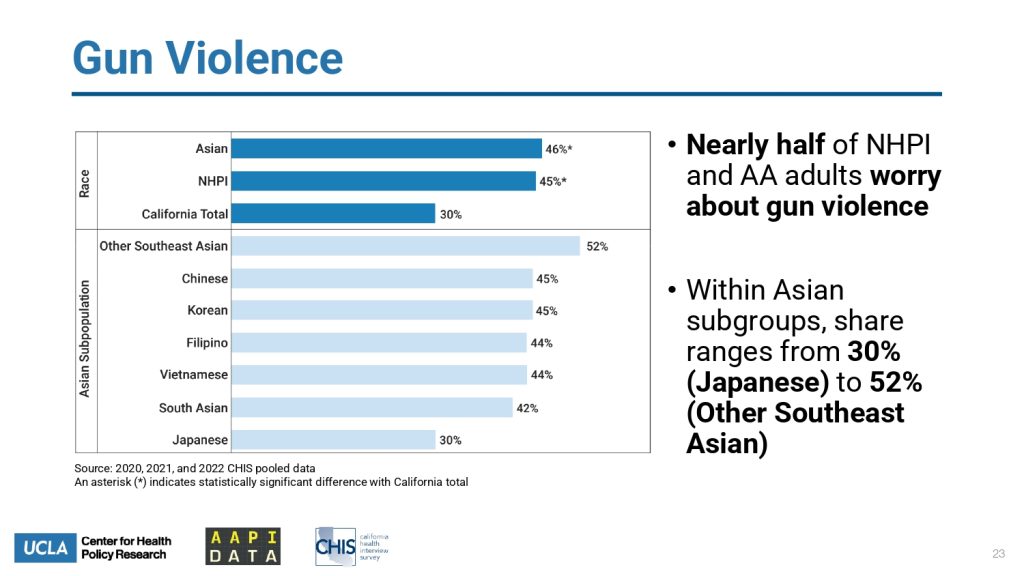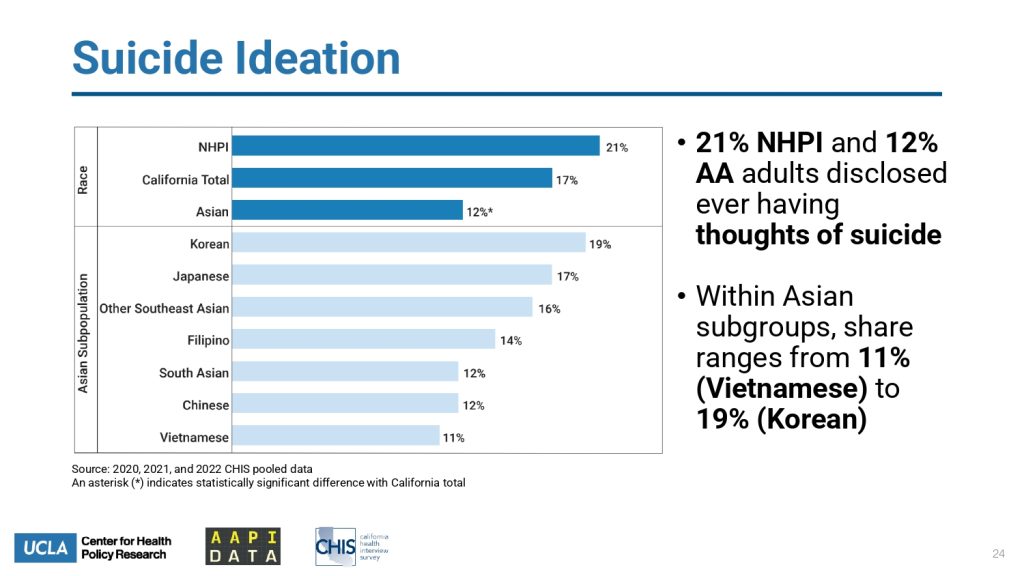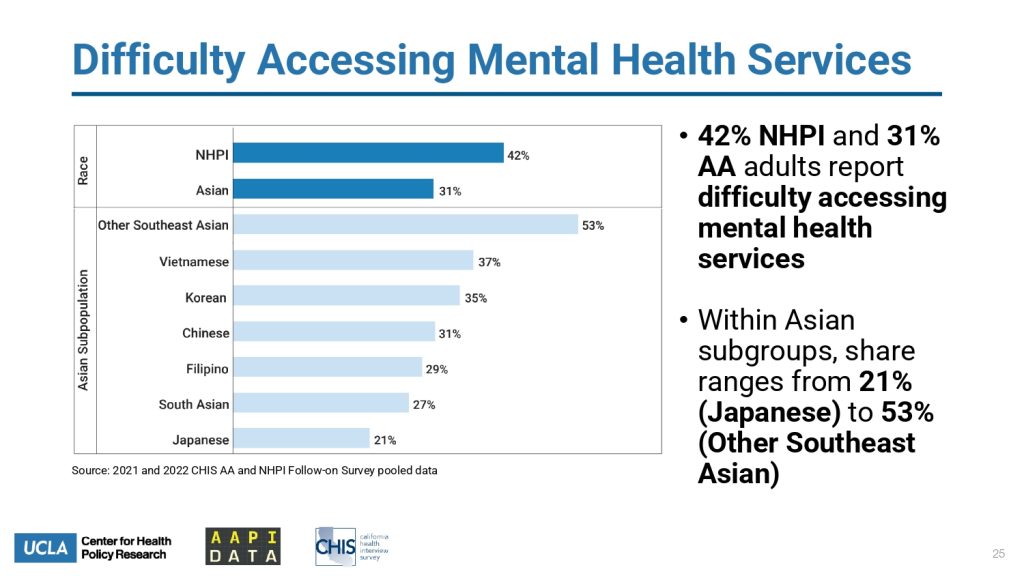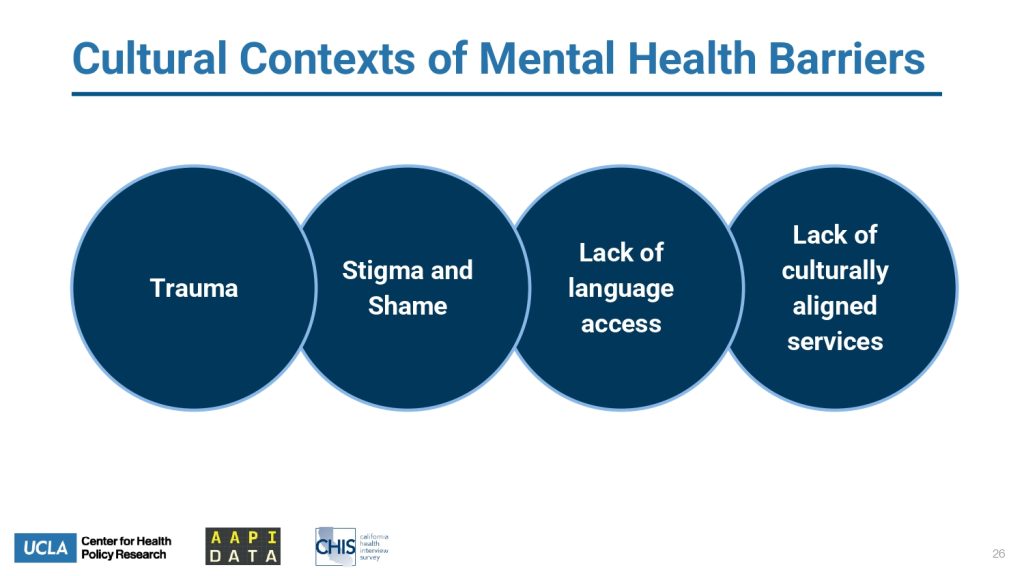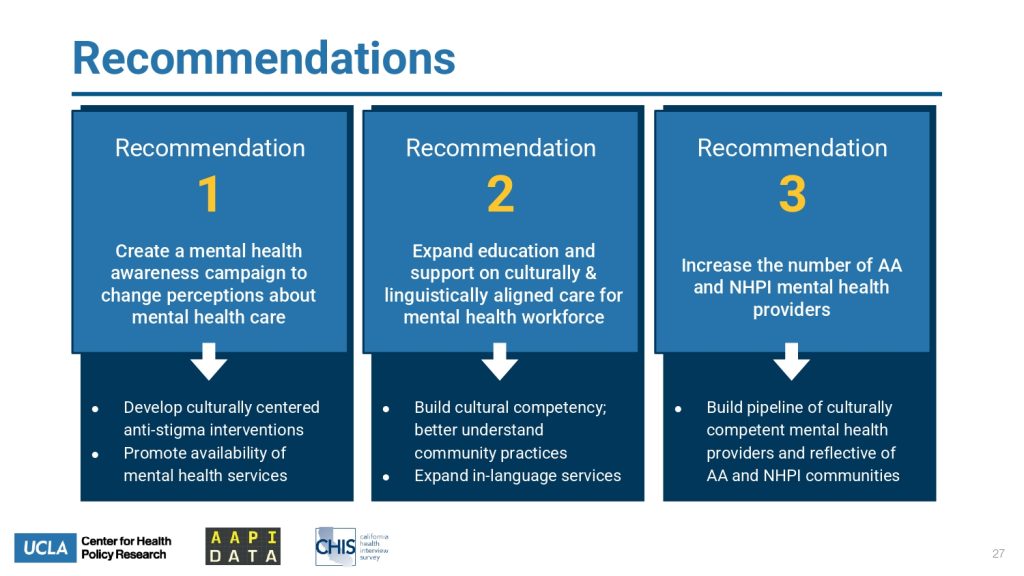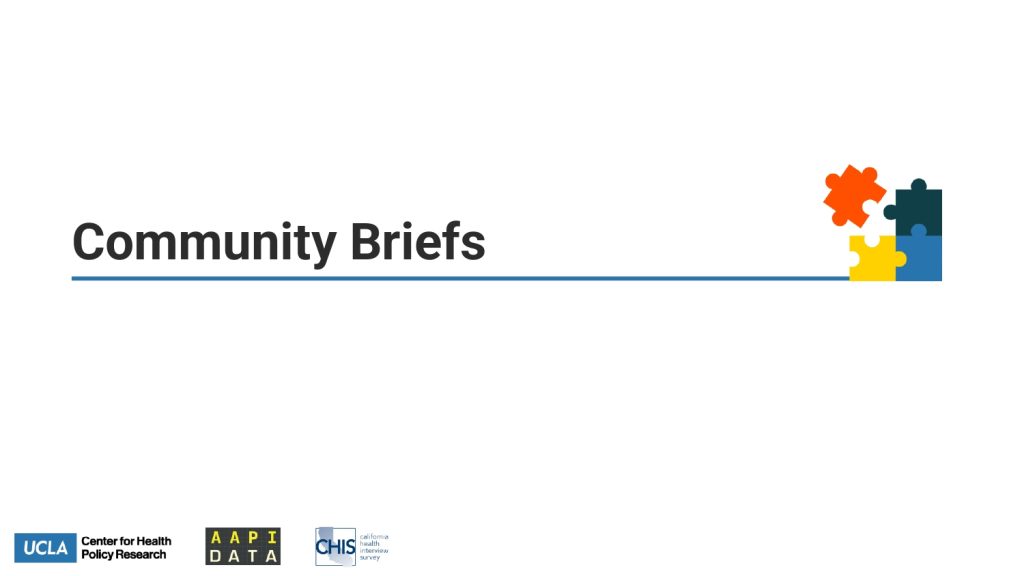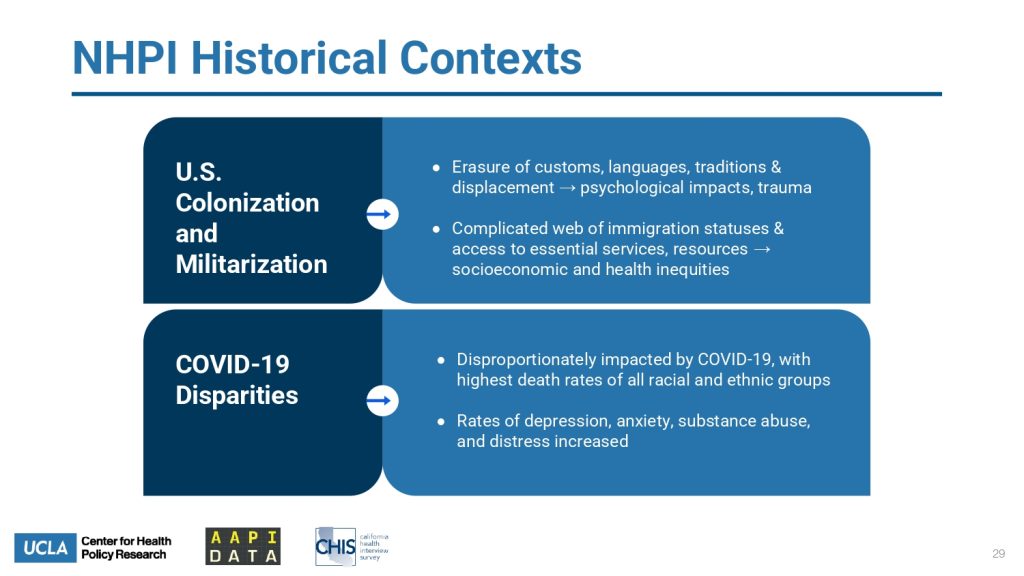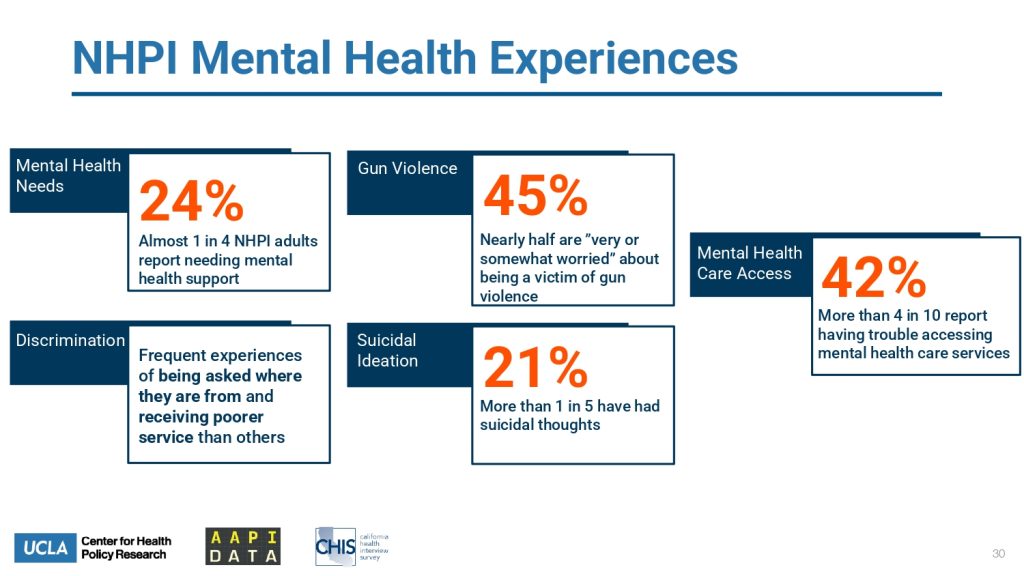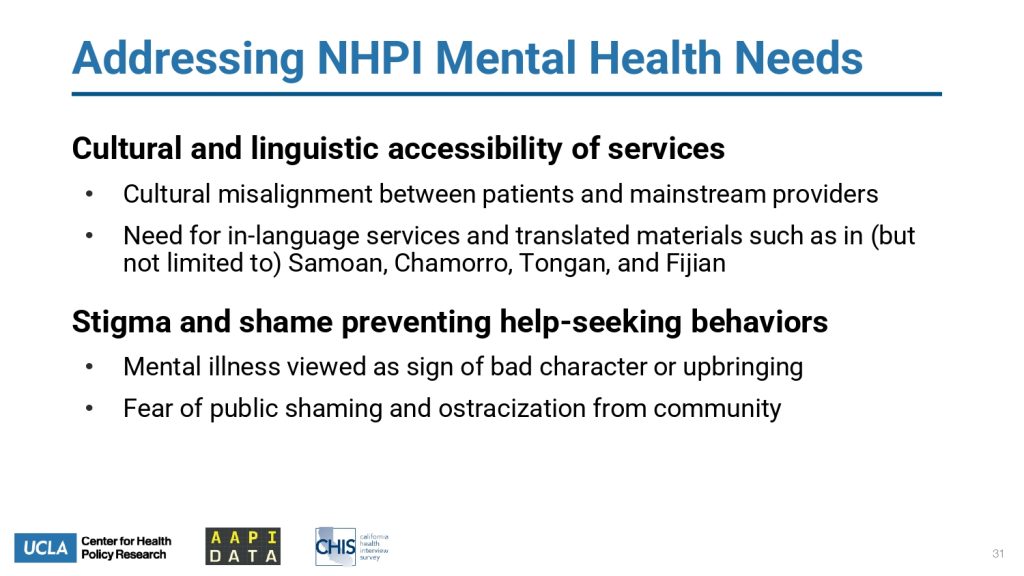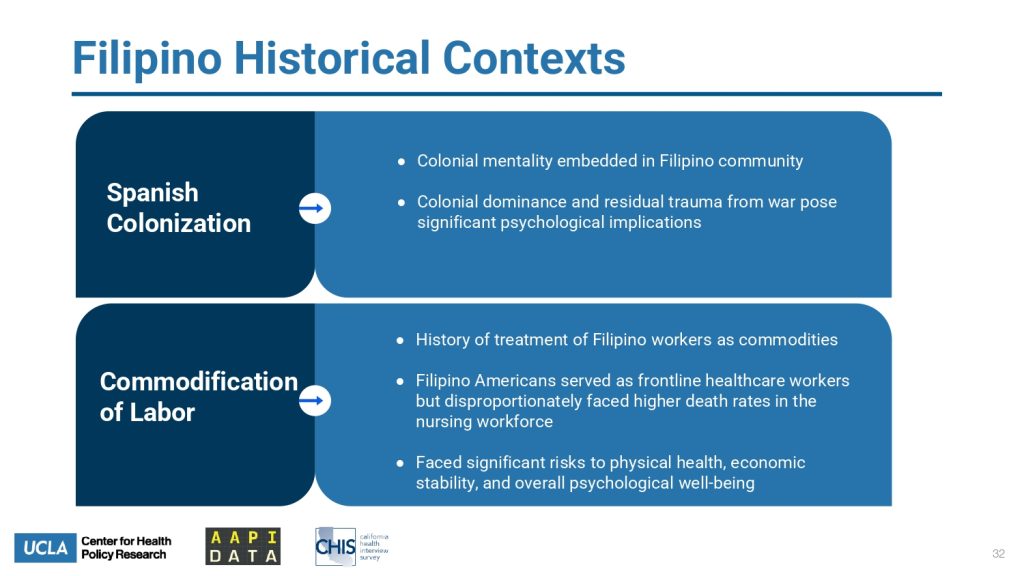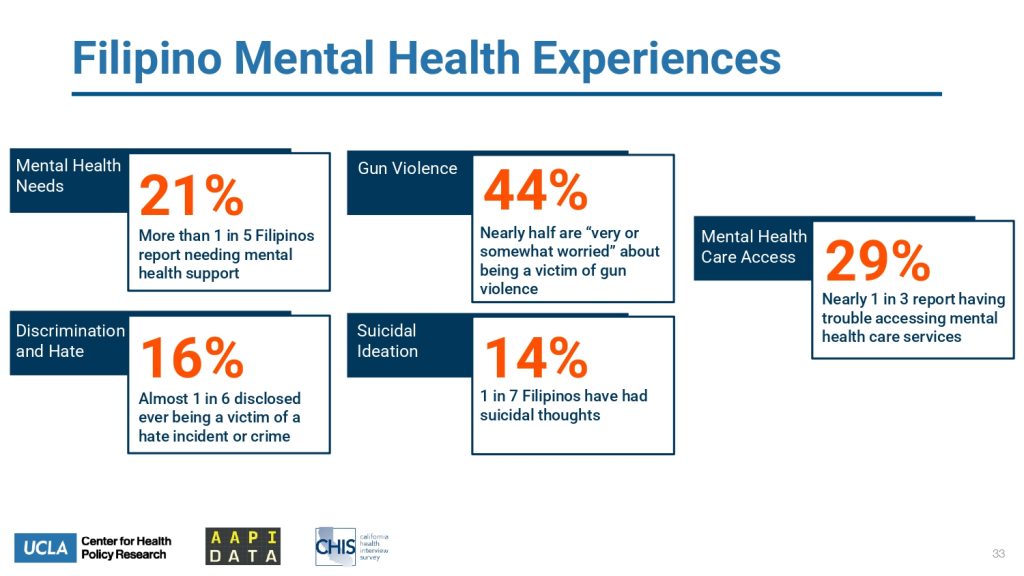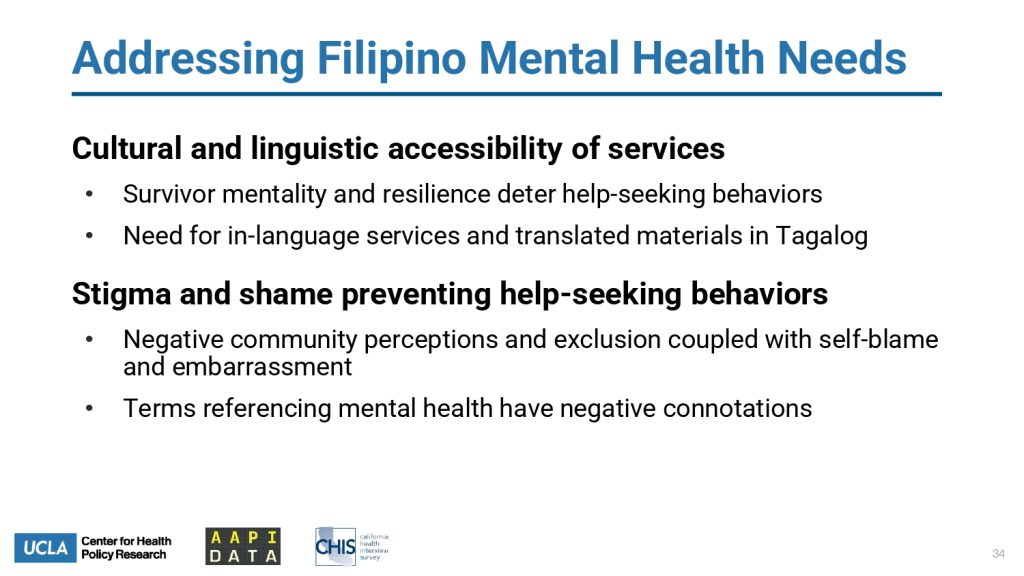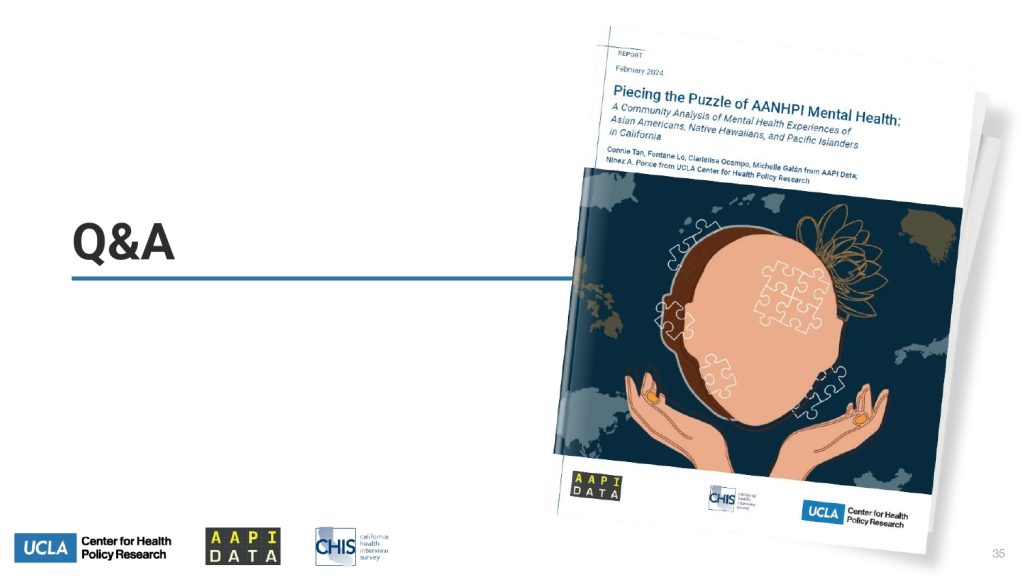Asians and Pacific Islanders are among the most underfunded demographic groups in the United States. For so many carrying inter-generational trauma from war, persistent scapegoating and Model Minority Myth propaganda, we must increase the dialogue around these disparities and win CalCare, which will provide the means to begin correcting them.

“According to the National Alliance on Mental Illness, Asians and Pacific Islander Americans are the least likely racial or ethnic group to get mental health services. (Only 23.3% of AAPI adults with a mental illness received treatment in 2019.)
Data from the U.S. Department of Health and Human Services also reveals that AAPI adults are about three times less likely to seek help than their white counterparts.”(asianpacificculturalcenter.org)
Research Report
Piecing the Puzzle of AANHPI Mental Health: A Community Analysis of Mental Health Experiences of Asian Americans, Native Hawaiians, and Pacific Islanders in California
Published Date: February 29, 2024
Summary: Historically, Asian American, Native Hawaiian, and Pacific Islander (AA and NHPI) communities have been viewed as a monolithic group, and a lack of disaggregated data has masked the unique experiences and disparities faced by these communities.
Published jointly by AAPI Data and the UCLA Center for Health Policy Research, this report aims to spur a more nuanced conversation about mental health among AA and NHPI populations by connecting survey data with community experiences as influenced by cultural nuances, U.S. foreign policy, and intergenerational trauma.
Using data from the 2020–2022 California Health Interview Surveys (CHIS), as well as the California AANHPI Community Needs Survey (a 15-minute follow-on survey for AANHPIs who responded to the 2021 and 2022 CHIS), this report provides a more granular examination of mental health experiences for eight AA and NHPI subgroups: Native Hawaiian and Pacific Islander, Vietnamese, other Southeast Asian (excluding Vietnamese), Filipino, South Asian, Korean, Japanese, and Chinese.
The report builds on two prior reports by AAPI Data and CHIS that describe the state of health and mental health of AA and NHPI populations in California. Using results from the CHIS, this report offers insight on the following questions:
- What are the cultural and historical factors that shape how AAs and NHPIs access mental health care?
- What are the mental health experiences among AA and NHPI communities in California?
Read the Publication:
Read Previous Publications:
- Research Report: The Post-Pandemic Agenda for Community Well-being among Asian Americans, Native Hawaiians, and Pacific Islanders in California
- Policy Research Report: The Health, Mental Health, and Social Service Needs of Asian Americans and Pacific Islanders in California
Piecing The Puzzle of AANHPI Mental Health: A Community Analysis of Asian American, Native Hawaiian, and Pacific Islander Mental Health Experiences in California
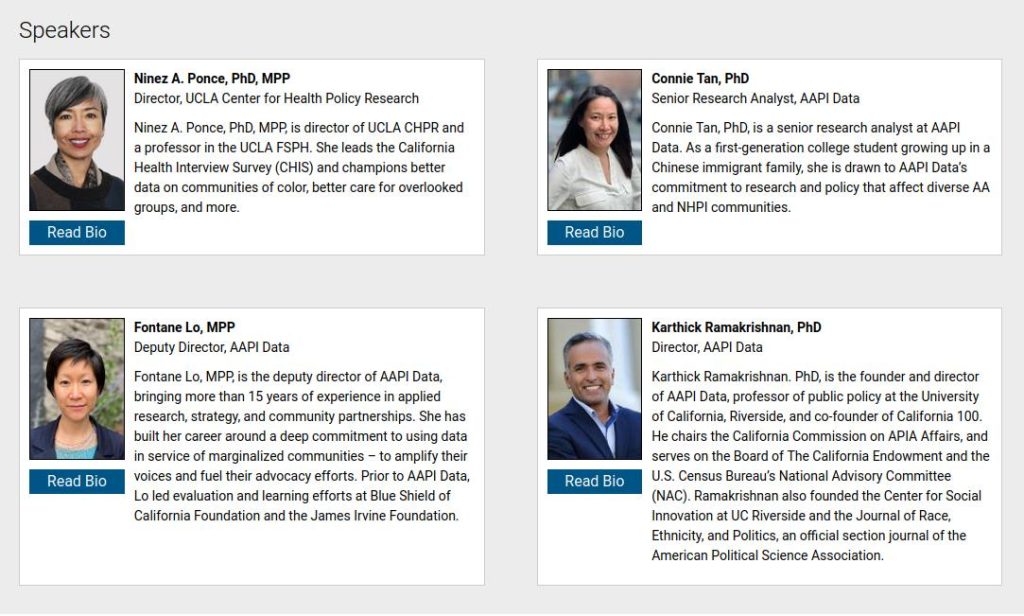
Research continues to suggest that Asian Americans, Native Hawaiians, and Pacific Islanders (AANHPIs) have some of the lowest rates of using mental health services compared to other groups — even amid histories of discrimination and rising fears of hate crimes in recent years.
What keeps more AANHPIs from seeking mental health care? Is it because even in their diversity, AANHPI communities share a common thread of cultural resilience?
Researchers from the UCLA Center for Health Policy Research and AAPI Data will discuss their new study of this long-standing disconnect, which combines California Health Interview Survey (CHIS) data disaggregated by various AANHPI subgroups paired with contextual and historical analyses and recommendations drawn from community leaders.
Visit AAPIData: https://aapidata.com/
